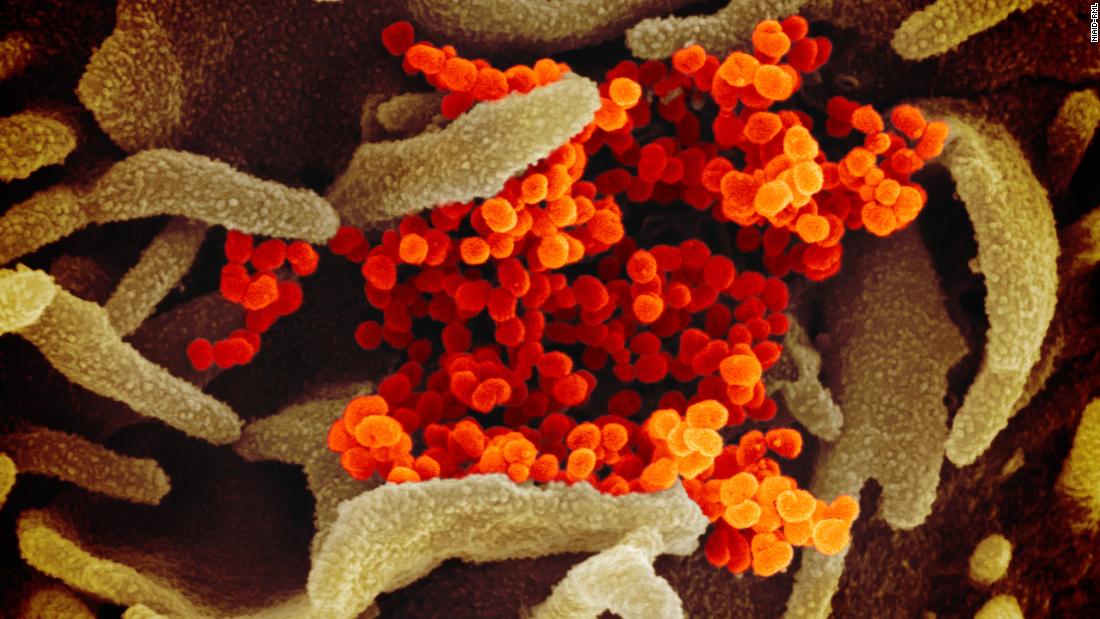The researchers said on Thursday that they found evidence that the coronavirus infects the mouth, including inside the cheeks, gums and salivary glands.
Their findings, detailed in the journal Nature Medicine, may explain why so many people infected with the coronavirus lose their taste. They also suggest that the mouth is an important source of the spread of the virus.
“When the infected saliva is swallowed or small particles of it are inhaled, we think it can transmit SARS-CoV-2 even more to our throat, our lungs or even our viscera,” said Dr. Kevin Byrd of the American Dental Association Science and Research Institute, which worked on the study.
It is known that the saliva test is a good way to detect coronavirus infection, but the researchers had not investigated why. The mouth, nose, sinuses, throat and lungs are all connected, and the virus can spread to all regions of the mucus that drains or is expelled.
“We suspect that at least part of the virus in saliva could come from infected tissues in the mouth itself,” said Dr. Blake Warner, of the National Institute of Dental and Craniofacial Research, one of the National Institutes of Health, who helped lead the study. .
The researchers tested the oral tissue and found that cells inside the mouth carry the receptors – or cell ports – that the coronavirus uses to infect them, including the ACE2 receptor. They checked samples of oral tissue from people who died from Covid-19 and found the virus in about half of the salivary glands they tested.
They tested people with mild or asymptomatic Covid-19 and found that cells eliminated from the mouth in saliva carried active RNA – an indication that the virus was replicating in the cells. And they exposed cells in a laboratory dish to the saliva of eight people with asymptomatic Covid-19 and managed to infect the cells – a finding that suggests that saliva may actually be infectious.
They collected saliva from 35 volunteers who worked at NIH who had mild or asymptomatic Covid-19. “In symptomatic individuals, the presence of SARS-CoV-2 RNA in saliva was positively associated with the ‘loss of taste and smell’ reported by the patient,” wrote the researchers.
The researchers also found evidence that people who test negative after a nasal smear sometimes continue to test positive on a saliva test. “These data highlight the possibility that the virus will be eliminated from the nasopharynx, but it can persist in saliva, suggesting the sustained elimination of the virus in oral sites infected with SARS-CoV-2,” they wrote.
